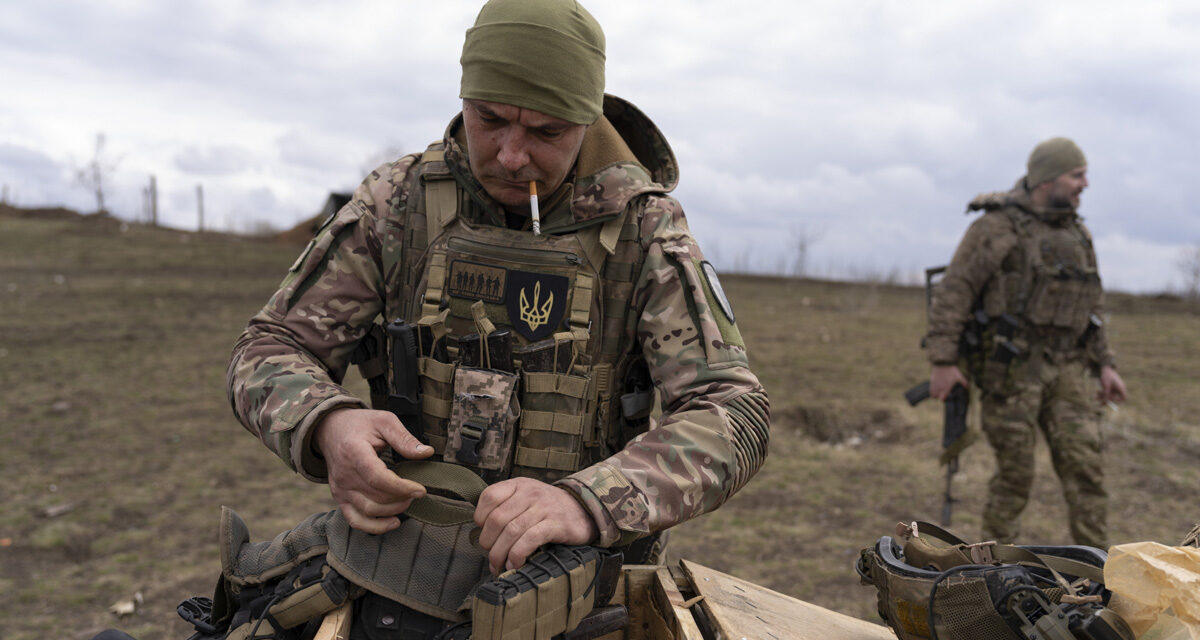A similar failure threatens the Ukrainians as the German 2nd Panzer Division in the Ardennes in 1944, the German newspaper points out.
Die Welt wrote . The author of the article summarized in four points why the Kursk operation will end in the fact that the Russians will come out on top.
- The enthusiasm of the West is fading
According to the author of the German paper, the West's enthusiasm for arming the Ukrainians will fade, as the danger of the conflict worsening even more is becoming more and more real. According to Die Welt, this is also proven by the fact that Western politicians do not comment on the topic very often.
- Kyiv will not be able to keep the conquered territories
According to the author of the article, the second important root cause of the Ukrainian defeat is that the Ukrainians will almost certainly not be able to keep the conquered territories, since for that the Ukrainians would have to seriously dig into Russian territory, in which case "time is working for Moscow". Besides
according to experts, Russia can easily mobilize an additional 20-25 thousand people for a counter-offensive. In other words, a similar failure threatens the Ukrainians as the German 2nd Panzer Division in the Ardennes in 1944, the German newspaper points out.
- The Ukrainians are weakening themselves with the Kursk action
Kyiv is weakening its own defense at the front with the special action, even though it doesn't have enough people anyway, read the Welt columns.
In addition, according to the author of the article, Ukraine is deploying modern weapons in the Kursk operation that would be greatly needed in Kharkiv and the Donetsk basin.
- The Ukrainian special action also failed as a war
<a i=0>Previous</a> <a i=1>Béla Kató: We need such islands, areas, castles where we can be ourselves</a>
Despite the above-mentioned arguments, however, Die Welt states: the Ukrainians were very brave, and urges the support of the West for the act of war, because Ukraine has less and less time left.
Featured image: MTI/EPA/Olga Kovalova













